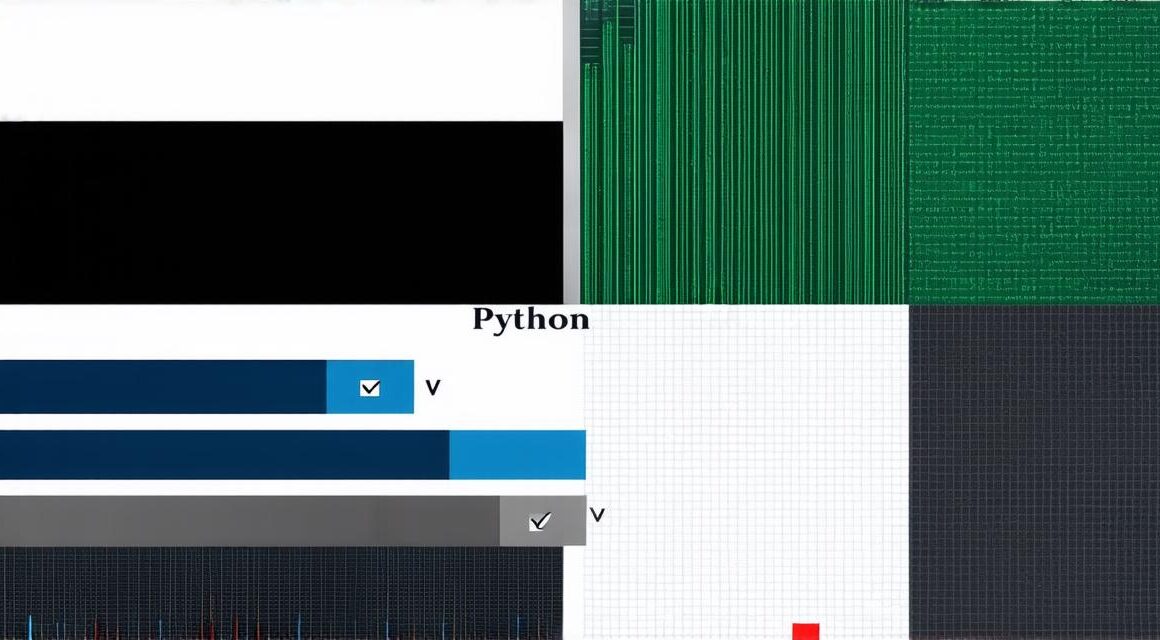If you’re a programmer or aspiring programmer, you might be wondering which programming language is easier to learn: C or C. Both are powerful languages with many similarities, but they also have some key differences that can affect their ease of learning. In this article, we’ll explore the pros and cons of each language and provide an expert’s perspective on which one is easier to learn.
C Programming Language: A Brief Overview
Before we dive into comparing C and C, let’s take a brief look at what makes C such a popular programming language. C was developed in the 1970s by Dennis Ritchie at Bell Labs and is still widely used today for system-level programming, such as operating systems and device drivers. It is known for its efficiency, speed, and low memory usage, making it a good choice for applications that require high performance.
However, C can also be quite challenging to learn due to its complex syntax and lack of abstraction. It doesn’t provide much in the way of built-in functions or libraries, and developers are often required to write everything from scratch. Additionally, C does not have any garbage collection, which means that developers must manage memory manually.
C Programming Language: A Brief Overview
C was developed in the mid-1990s by Microsoft as a response to Java’s growing popularity. It was designed to be object-oriented, with features such as classes, interfaces, and inheritance. C is often used for web development, desktop applications, and games, and it integrates well with other Microsoft technologies like .NET and Windows.
One of the key benefits of C over C is its syntax. C is designed to be more readable and easier to learn, with a focus on abstraction and simplicity. It also has built-in support for garbage collection, which means that developers don’t have to worry about managing memory manually. Additionally, C provides access to a large number of libraries and frameworks that can help speed up development.
Comparing the Ease of Learning: A Detailed Analysis
Now that we have a brief overview of both languages, let’s compare them more closely in terms of ease of learning.
Syntax and Abstraction:
As mentioned earlier, C is designed to be more readable and easier to learn than C. Its syntax is simpler, with a greater emphasis on abstraction and object-oriented programming. This can make it easier for beginners to get started with C, as they don’t have to worry about understanding complex concepts like pointers or memory management.

Libraries and Frameworks:
C has access to a large number of libraries and frameworks that can help speed up development. These include popular tools like ASP.NET for web development and Unity for game development. In contrast, C doesn’t have many built-in libraries or frameworks, which means that developers must often write everything from scratch.
Garbage Collection:
C has built-in support for garbage collection, which means that developers don’t have to worry about managing memory manually. This can make it easier to develop applications quickly and with fewer errors. In contrast, C doesn’t have any garbage collection, which means that developers must manage memory manually, which can be more difficult and error-prone.
Performance:
C is known for its efficiency and speed, but C is also a high-performing language. While C may have a slight edge in terms of performance, the difference is not significant enough to outweigh the benefits of using C’s abstractions and built-in libraries.
Summary: Which Language Is Easier to Learn?
Ultimately, whether C or C is easier to learn depends on your individual preferences and goals as a programmer. If you’re new to programming and looking for a language that is easy to read and understand, C might be the best choice.



